
Indigenous Youth Outreach Program
The Indigenous Youth Outreach Program (IYOP) is a culturally grounded legal education and mentorship program that engages First Nations, Métis, and Inuit youth in exploring the justice system through interactive workshops, mock trials, and community-based learning. Delivered in schools and Indigenous communities across Canada, IYOP builds legal literacy, leadership skills, and confidence while celebrating Indigenous knowledge and fostering relationships between youth and legal professionals.
What does IYOP do?
Engages FNMI youth in fun and collaborative justice-based activities.
Shows Pathways for youth to reach their full potential in all areas of growth.
Builds the confidence, critical thinking and leadership skills of youth.
Promotes relationship development between youth and legal professionals
Celebrates Indigenous customs, practices and beliefs and creates positive connections with identity.
Advances reconciliation between Indigenous and non-Indigenous communities.
Why IYOP?
The Indigenous Youth Outreach Program (IYOP) stands as a beacon of innovation and knowledge sharing for Indigenous youth across Canada. Crafted to address the unique challenges faced by First Nations, Métis, and Inuit youth, IYOP merges mentorship with youth justice education in a vibrant and engaging manner. By fostering an environment where Indigenous culture and traditions are celebrated, the program not only aims to enhance the participants' confidence, critical thinking, and leadership skills but also strives to build meaningful relationships between these young individuals and legal professionals.
At the core of LEVEL's mission through IYOP is an acknowledgment of the systemic barriers that limit Indigenous peoples' access to the justice system. Statistics paint a concerning picture: Indigenous youth, though only 8% of the youth demographic, accounted for 50% of the admissions to correctional institutions in 2020/2021 (Statistics Canada, youth correctional statistics). Additionally, the representation of Indigenous professionals in legal fields is startlingly low, further alienating Indigenous youth from envisioning a future within these roles.
The lack of culturally adapted educational resources, coupled with endemic racism, colonial legacies, and the devaluation of Indigenous cultures, are formidable obstacles. Nonetheless, IYOP counters these challenges by aligning its objectives with the goals of the Truth and Reconciliation Commission’s Calls to Action and the United Nations Declaration of the Rights of Indigenous Peoples, focusing on reconciliation, cultural awareness, and enhanced education and employment opportunities for Indigenous youth.
By doing so, IYOP not only seeks to provide knowledge of the legal system to Indigenous youth but also aspires to inspire a new generation of legal professionals among them. Celebrated for fostering reconciliation and reducing the gap between Indigenous communities and the justice sector, IYOP's long-term vision is firmly rooted in justice, representation, and positive change.

Meet our Program Facilitators.
IYOP Updates.
Digital Curriculum - Coming Soon!
Our online Indigenous Youth Outreach Program provides culturally-relevant justice education for Indigenous youth.
Indigenous Youth Justice Toolkit
We offer a comprehensive toolkit developed with participation of Indigenous youth for anyone to download and share. Find it below.
Resources

Get Involved.
Do you want to bring this program to your community? Are you interested in volunteering or facilitating with this program?





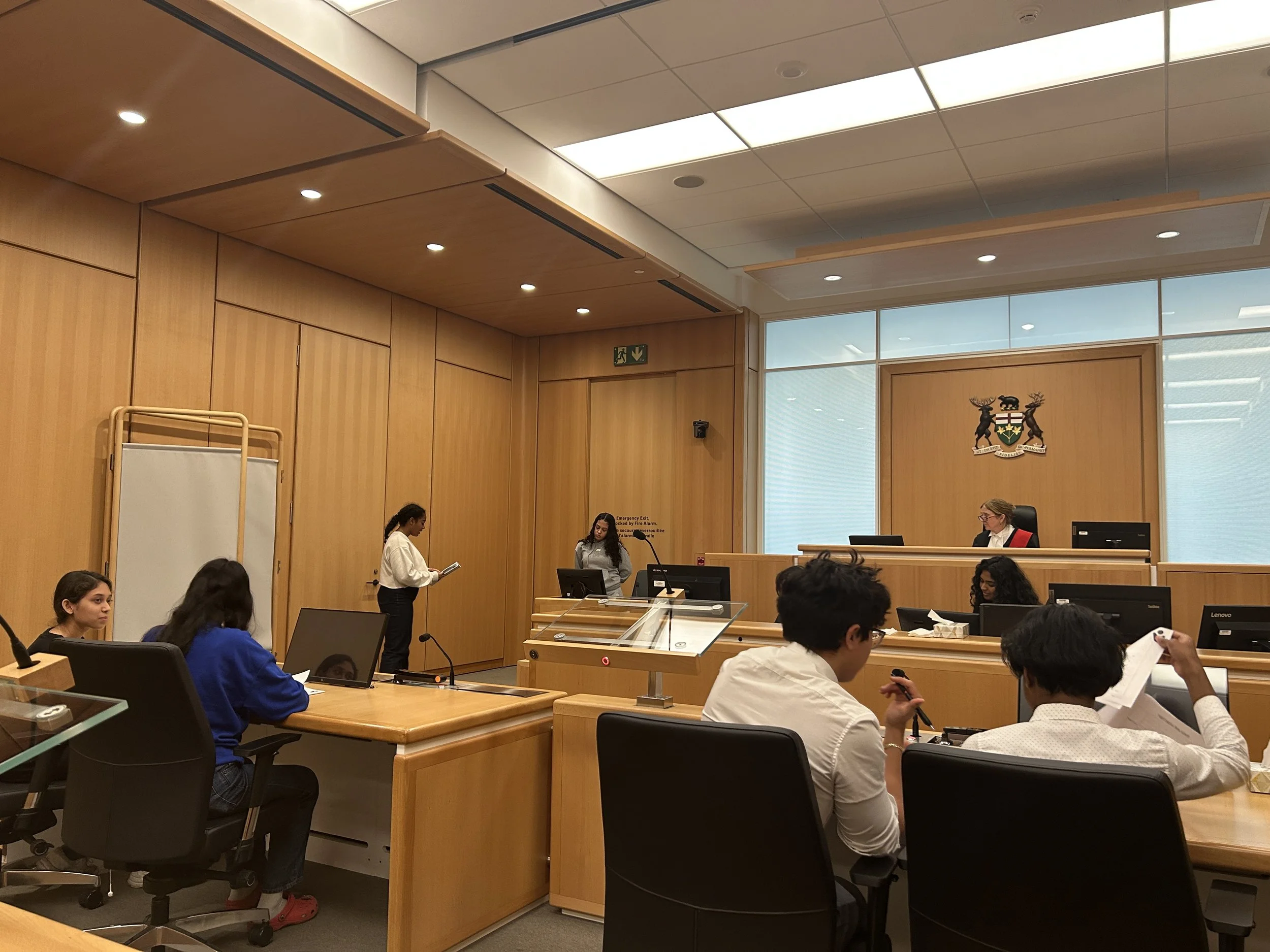
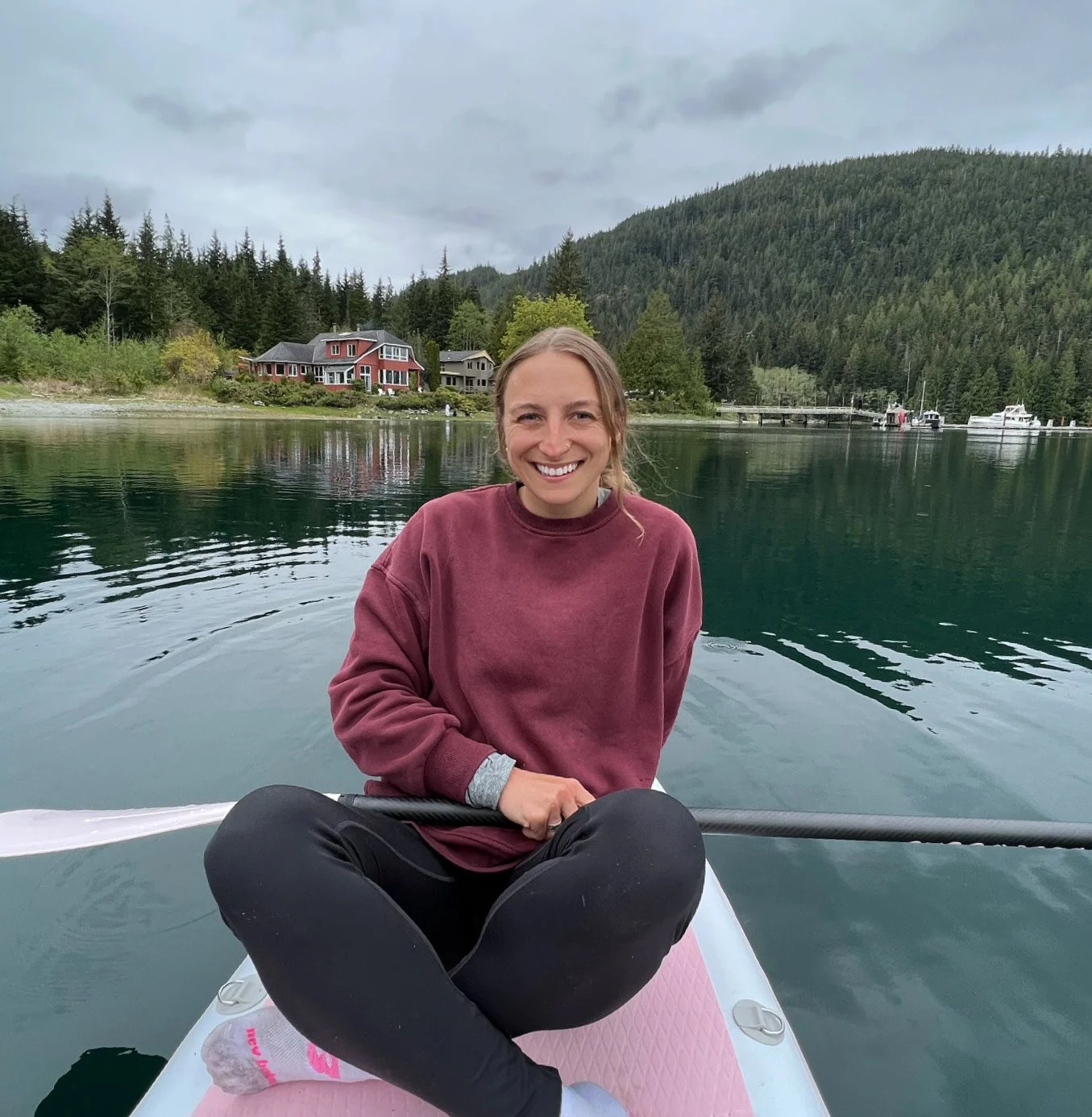

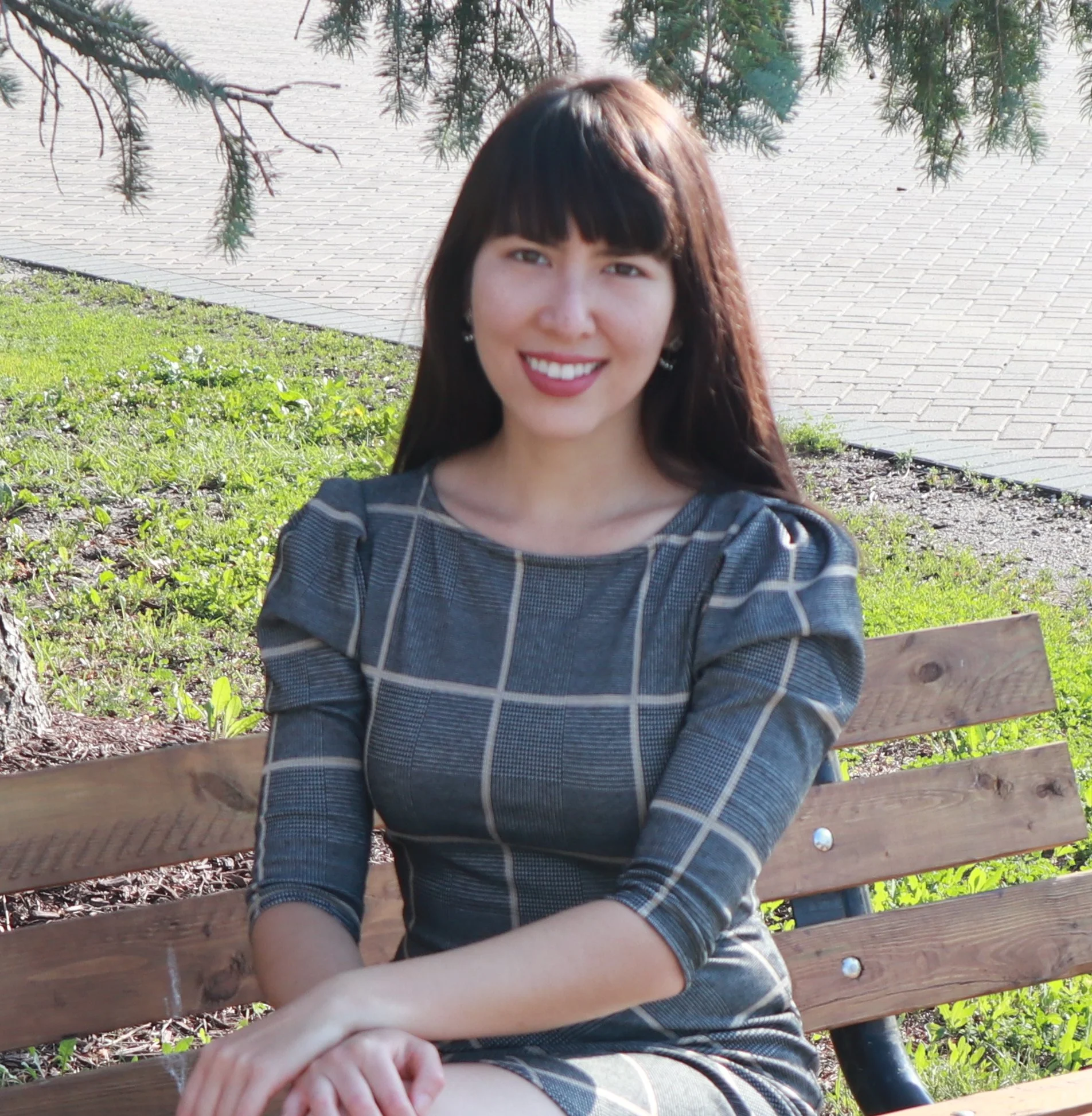





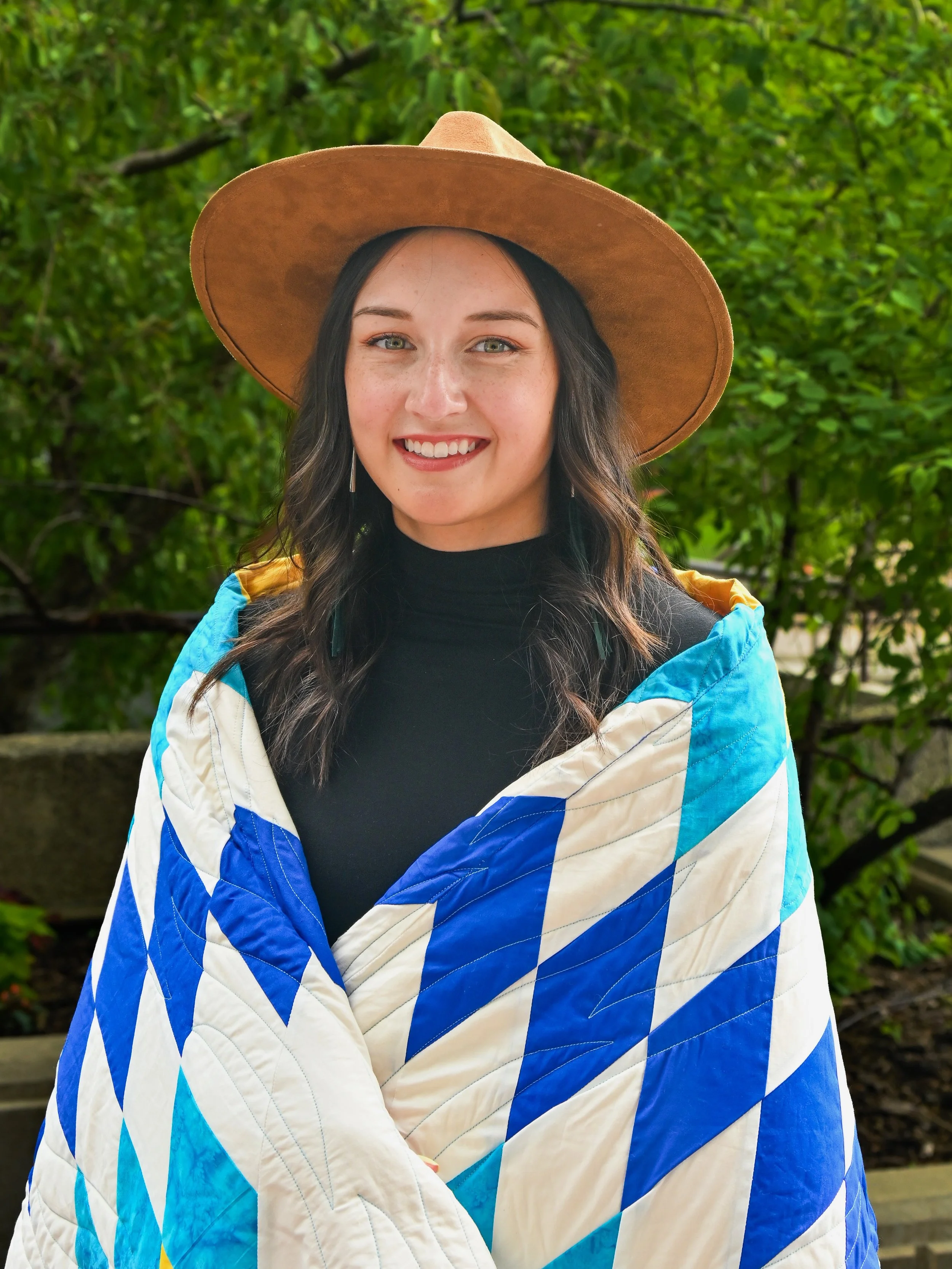
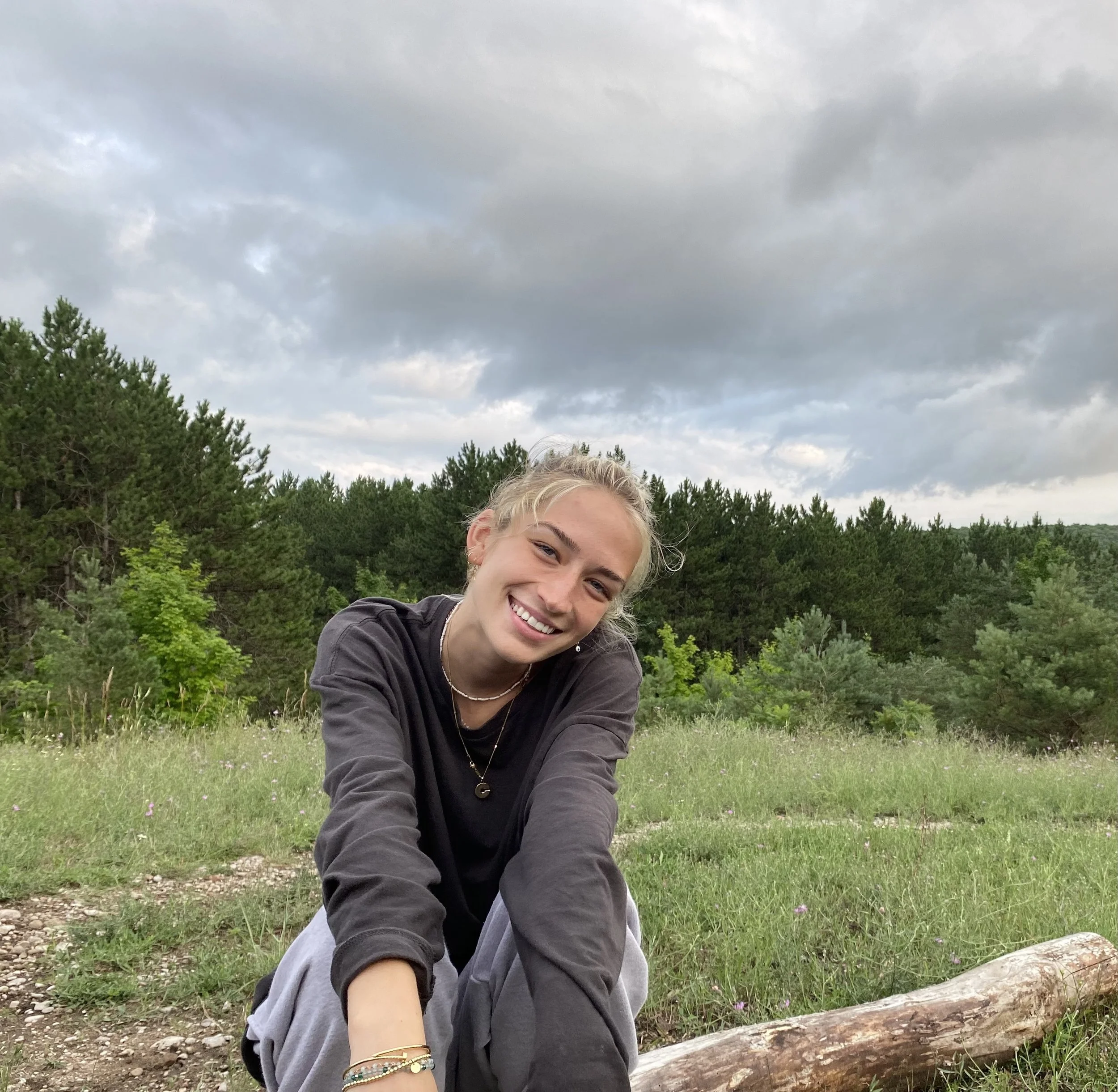










We had the great opportunity to interview Olivier Chouc, Vice President, Law at Canadian National Railway ("CN"), on CN's longstanding support for the Indigenous Youth Outreach Program.